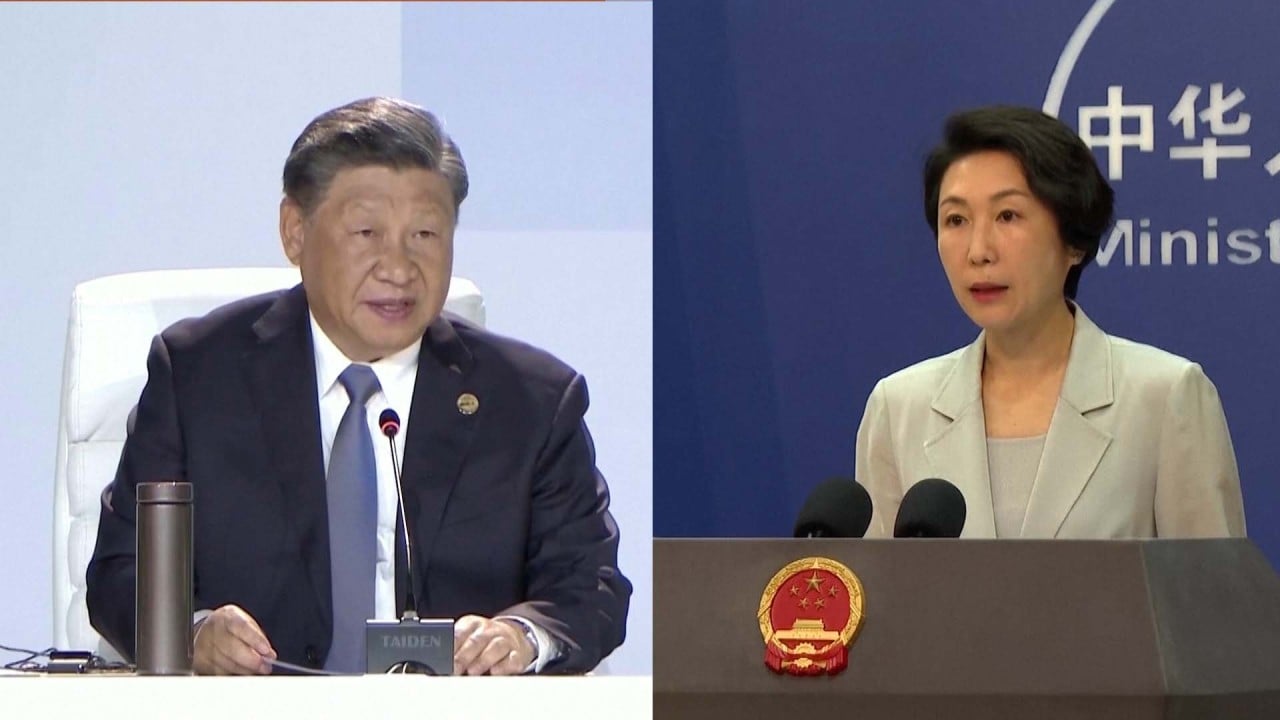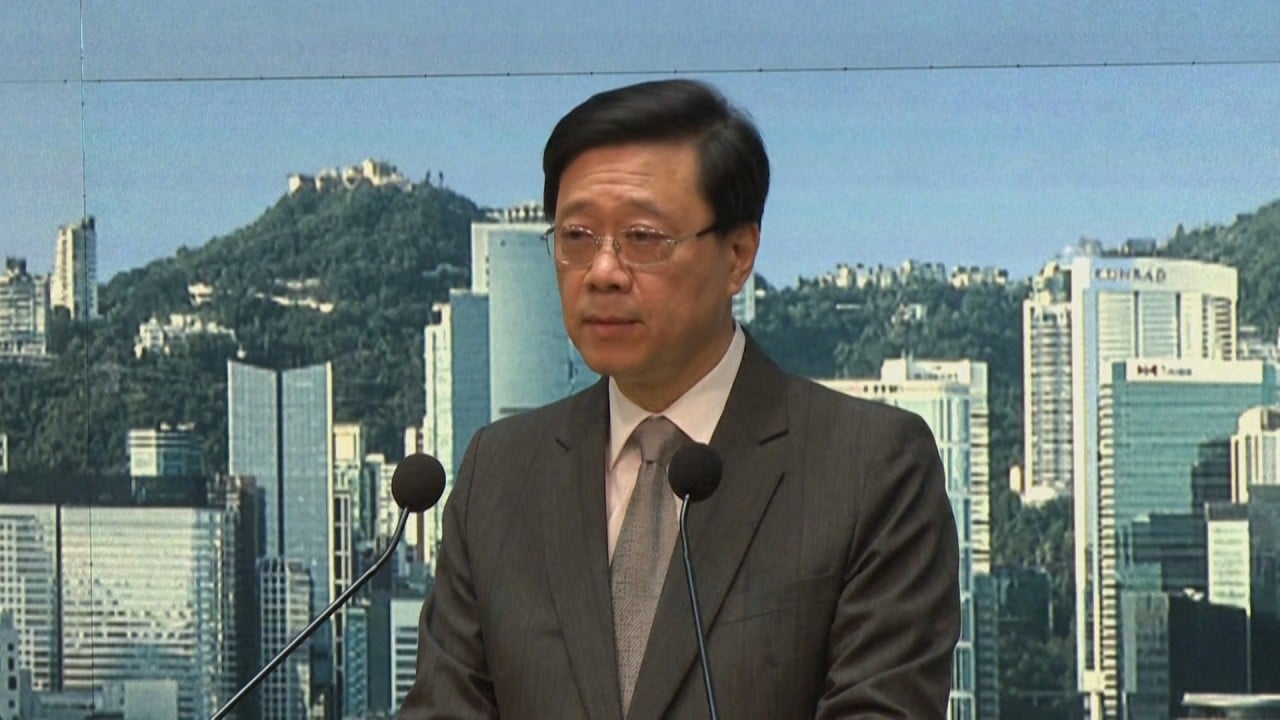As world leaders gather this weekend in New Delhi for the Group of 20 summit, Chinese President Xi Jinping’s decision not to attend the event has thrown a possible meeting in November with US President Joe Biden further into question.
The move has also prompted speculation about whether the decision signaled changing priorities for Beijing’s global relationships.
This week, Beijing confirmed that Premier Li Qiang would attend the G20 summit in India in place of Xi – without explanation – marking the first time that the Chinese leader will miss the annual forum of major world economies.
The announcement came just two weeks after Xi observed a historic expansion of the Brics grouping of emerging and developing economies while attending the bloc’s summit in South Africa, prompting speculation that China was turning more attention to boosting its alliances with developing nations amid tensions with the West.
“It is certainly a missed opportunity to meet with Biden [at the G20], which makes Xi’s decision all the more puzzling,” said Bates Gill, executive director of Asia Society Policy Institute’s Centre for China Analysis.
“This may not bode well for Xi’s attendance at November’s Asia-Pacific Economic Cooperation [Apec] summit in San Francisco,” he said.
Advertisement
China cosies up to Central Asian nations with US$3.7 billion grand plan
China cosies up to Central Asian nations with US$3.7 billion grand plan
Whether the pair would be ready to meet in time for Apec in San Francisco also remained uncertain, he said.
“They would want [the meeting] to happen in a forum that the Chinese control much more,” he said.
“I think there’s a fear that they might find themselves in an awkward position in a foreign country, having to somehow appear to be trying to curry favour with the Americans.”
Advertisement
“[Apec] would be on American soil. It would be a foreign meeting … it will make it harder for [China],” Pantucci said, adding that whether the meeting could happen depends on who will be willing to “accept a compromise” considering their ongoing tensions.
US officials told NBC last week that an in-person meeting between the two leaders could happen during the November summit, but China’s top spy agency appeared to want to undercut such expectations.
Advertisement
Before Beijing confirmed on Monday that Xi would not attend the G20, China’s security ministry accused Washington of being “two-faced” in its China policy, calling on the US to “show real sincerity” if it wanted the two leaders to meet during the Apec summit.
Yun Sun, director of the Washington-based Stimson Centre’s China programme, said the two governments are still “working on the details on how to improve bilateral relations” before approving the November meeting, but concrete results may not appear until closer to the event.
Could a bigger Brics bloc be a global match for the G7?
Could a bigger Brics bloc be a global match for the G7?
US-China relations have remained frosty since the two leaders last met at the previous G20 summit in Indonesia.
Advertisement
The alleged spy balloon saga, US restrictions targeting China’s hi-tech sector, and stalled military communications following incidents in Taiwan and the South China Sea have complicated the relationship.
While most structural problems remain unresolved, engagement has seen improvements during recent visits of top US officials to China.
Sun said she did not think tensions between China and the West were a “solid argument” to explain Xi’s absence from the G20, since “China is seeking better relations with the US and Europe”.
Advertisement
But she doubted the decision was based on China shifting its priorities to ties with developing countries.
“G20 is not a developed country bloc. Half of its members are developing countries. So I would not say that Xi prioritises developing countries over developed countries because he attended Brics but not G20,” she said.
Beijing has hosted several G7 leaders and top diplomats since Xi resumed in-person diplomacy last September, with pledges to increase mutual understanding despite complicated relations.
Meanwhile, China has strengthened relations with its developing partners through various multilateral groups.
Biden and Modi meet in New Delhi ahead of G20, but Xi’s shadow still looms
Biden and Modi meet in New Delhi ahead of G20, but Xi’s shadow still looms
“There are some sorts of confrontations between Brics and the G7. The internal cohesion of the G20, which contains countries from these groups, has declined because of this confrontation.”
“[The G20] has now become more fragmented … something that is not too good for global governance,” he said.
Advertisement




